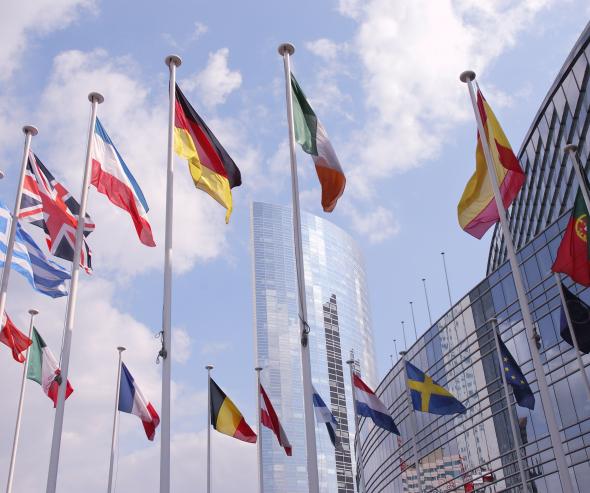The European Competition Network publishes a joint paper addressing the issue of the involvement of national competition authorities in the Digital Markets Act


The European Competition Network (ECN) publishes a joint paper by the heads of the national competition authorities (NCAs) of the European Union on the DMA proposal. It adresses the issue of coordination of DMA enforcement with competition law enforcement, and makes proposals to enhance the effectiveness of this new tool, by allowing NCAs to enforce the procedures related to compliance with the DMA. The joint paper focuses on institutional aspects that are not, at this stage, present in the proposal, with the objective of making the DMA as effective and future-proof as possible.
The ECN joint paper identifies a strong need for better coordination of the DMA enforcement with competition law procedures. The DMA should incorporate a specific coordination mechanism, based on the existing principles of regulation 1/2003 and the procedures already in place within the ECN. This would ensure that both the DMA procedures and parallel competition cases or merger proceedings concerning gatekeepers can proceed smoothly, without procedural impediment, and with the best allocation of resources. The paper also makes the case that the effectiveness of the DMA would benefit from the NCAs being able, on a voluntary basis, either to help the European Commission enforce the DMA (e.g. by receiving complaints, contributing to dawn raids if necessary, gathering information) or to enforce the DMA when appropriate, in close coordination with the European Commission. The DMA would thus benefit from the experience of highly skilled experts across Europe, and make full use of the network effects that characterize the ECN.
Members of the ECN welcome the Digital Markets Act which, drawing on the successful decisional practice and the work conducted by the DG COMP and national competition authorities in the last twenty years, will be a powerful additional tool to effectively address some of the most harmful behaviors implemented by very large gatekeepers.
Complementarity between competition law and the DMA, which has been one of the inspiring forces for the drafting of the DMA, will also be a guiding principle in the future. Competition law will remain at the forefront of open and fair digital markets but it will also help future-proofing the DMA, for instance by identifying new abusive practices that will be used to update the obligations listed in the DMA.
Given the significance of the issues at stake, effective enforceability of the DMA from the start is essential. To reach this fundamental goal, the enforcement of the DMA would gain tremendously by making full use of the know-how and resources of the national competition authorities. These authorities have accumulated the highest level of expertise within the digital economy with respect to the practices of digital platforms which affect fair and open competition in their respective ecosystems.
Based on the experience of the ECN, the joint paper delivers a concrete vision of the national competition authorities’ contribution to the DMA’s effectiveness.
Although the center of gravity for the enforcement would remain at the EU level, where the European Commission would have sole jurisdiction on some of the powers outlined in the DMA (such as the power to designate gatekeepers or to update the list of obligations), enforcement powers could be shared, under the supervision of DG COMP, with national competition authorities, when appropriate. The participation of NCAs will naturally occur in close coordination with the Commission and with the agreement of the concerned NCA.
The mechanism of cooperation built by the ECN over the last twenty years should serve as role-model in order to ensure a consistent application of the DMA and in coordination with competition law.
Joint paper of the heads of the national competition authorities of the European Union
Contact(s)
